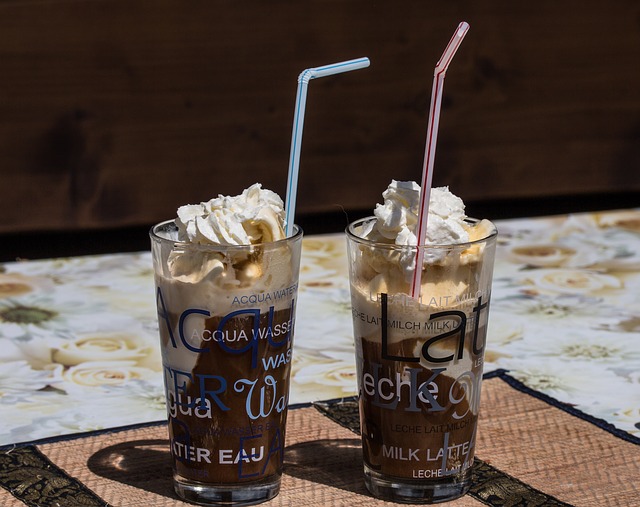7 Common Misconceptions About Coffee

Coffee is by far one of the most popular beverages, both in the U.S. and around the world. Despite this, many people don’t know anything about it besides the fact that Starbucks sells it. They might recall vaguely that it is grown in foreign lands, transported to giant harvesting machines, and then packaged and shipped to their local store or coffee shop, but that’s about as far as it goes.
The lack of knowledge contributes to a general misunderstanding of the virtues—and vices—of coffee. But fear no more, we’re here to sort out the truth, and give you the real scoop (no pun intended).
- Coffee Is Unhealthy
No, this one just isn’t true. Multiple studies have demonstrated that habitual coffee drinkers are less likely to suffer from type II diabetes, Parkinson’s, and heart disease. Additionally, one cup gives you 11% of your recommended daily intake of Riboflavin, which is crucial in helping your body metabolize proteins and fats.
A cup of coffee also contains pantothenic acid, manganese, potassium, niacin, and magnesium. Who even needs a multivitamin? Just kidding, you should still probably take one.
- You’ll Become an Insomniac
Naysayers would like to have you believe that coffee will turn you into a denizen of the night, forever doomed to wander the halls of your house, searching for your elusive slumber. But really, this is just false.
Your body actually processes caffeine fairly quickly; 75% of caffeine is processed out of your body within 8 hours. So, unless you drink coffee in the evening, you shouldn’t have a problem falling asleep.
Sweet dreams to you … and to that myth.
- Darker Roast = More Caffeine
Darker coffee beans just mean that the beans were kept over the roaster for a longer period of time (typically between 9-13 minutes). No part of the process intensifies the caffeine load. Actually, it’s the opposite; beans that are left In the roaster longer have more caffeine burned off.
- Have a Hangover? Drink Some Caffeine
Ah, coffee is great, full of miraculous attributes that protect and preserve our bodies. But, it still won’t cure a hangover. Just like alcohol, coffee causes dehydration, so it may actually make the hangover worse. Any improvement you feel the morning after a long night out is probably psychological and has little to do with physiological reasons.
But, if you do ever find a hangover cure, please tell us.
- Gourmet Coffee Is a Lie
There are those who may believe that gourmet coffee, which is shipped with the utmost care, poured lovingly into a state-of-the-art roaster, ground using the finest machines available, and then brewed through a delicate assortment of instruments that remind you of a spaceship, is little better than the murky sludge you can pour into a Styrofoam cup at your corner gas station.
These people have probably never tried gourmet coffee, and if they did, they probably wouldn’t ever be able to go back to the gas station cups. So, we’ll just be straightforward on this one:
Gourmet coffee is NOT a scam.
- Espresso Has More Caffeine than Regular Coffee
Espresso may be the most undiluted form of coffee, but that doesn’t mean it has more caffeine than a regular cup (8oz). One standard cup of coffee has between 95-200mg of caffeine, while an espresso (1oz) only has 47-75mg. You’d have to drink about four espressos to get the same amount of caffeine.
- Caffeine Sobers You Up
If you’ve been drinking and want to regain some of your faculties, you might drink a cup of coffee. However, there really is no scientific basis to this belief. Coffee will not make you process the alcohol faster and it does not make you more drunk. So please, for all of us, don’t think that you’re okay to drive or do other dangerous things just because the coffee buzz has made you feel less drunk.
- Coffee Is Made from Beans
Sure we call them beans, but in reality, coffee “beans” are actually seeds. The coffee plant produces a fruit similar to a cherry that, when ripe, turns a bright, deep red. The fruits are picked off the trees and the fleshy layer of the fruit is stripped away, leaving only the seeds. The seeds are then cleaned, milled, exported, taste-tested for quality, roasted, and shipped all around the world.
Thanks for tuning into the latest episode of Mythbus—just kidding, we don’t want to get sued. But hopefully you’ve learned a little bit more about what coffee is, and what it is not. See you next time.

No Comment